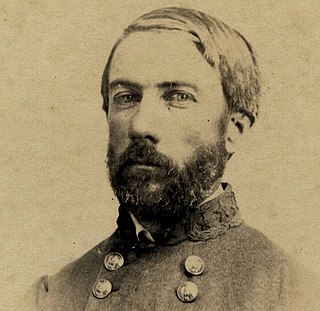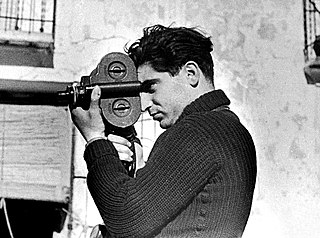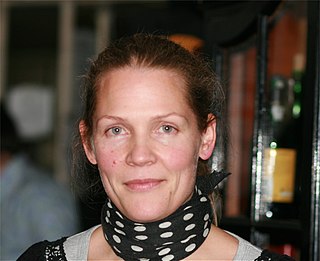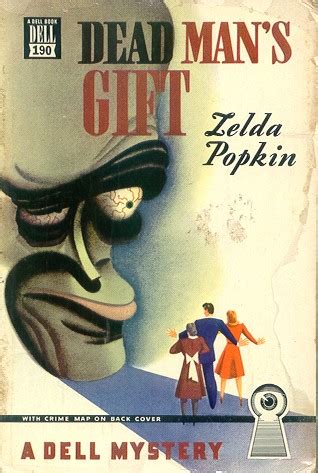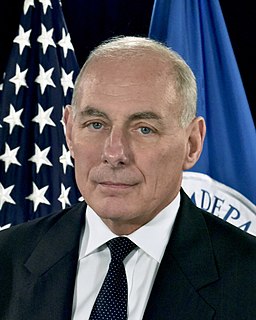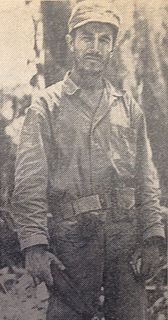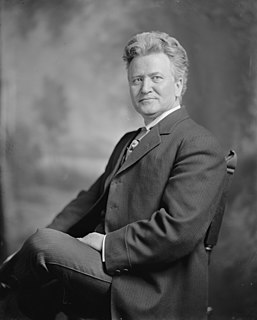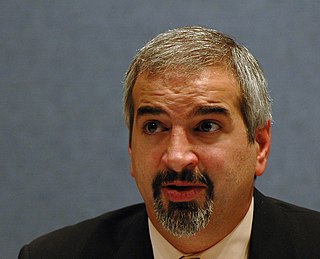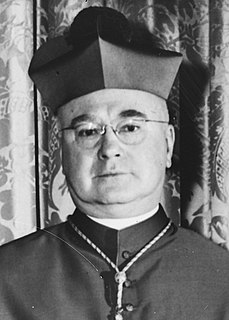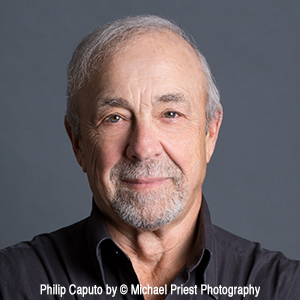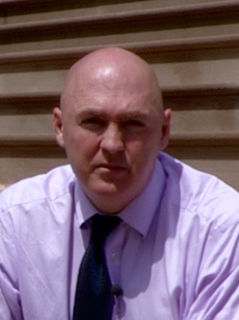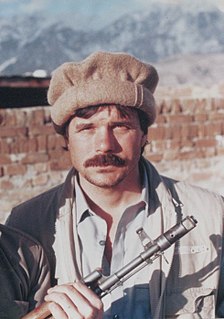Top 1200 War Correspondent Quotes & Sayings
Explore popular War Correspondent quotes.
Last updated on November 28, 2024.
My father was a little frightening - a huge man, six foot four - and he looked like God. He was always a visitor, as far as I was concerned, because my parents separated when I was nine. We only became friends when he was old and began to shrink. During the war, he was a BBC war correspondent and did some extraordinary broadcasts.
My four years in Russia end, then, in dramatic fashion: with a textbook Soviet-style expulsion. I am the first western staff correspondent to suffer this fate since the end of the Cold War. I'm stunned. But my expulsion is not, I reflect, a surprise. It's something I have always accepted as a real, if far-fetched, possibility.
Possibly my hatred of war blinds me so that I cannot comprehend the arguments they adduce. But, in my opinion, there is no such thing as a preventive war. Although this suggestion is repeatedly made, none has yet explained how war prevents war. Worse than this, no one has been able to explain away the fact that war creates the conditions that beget war.
America is at war with itself because it's basically declared war not only on any sense of democratic idealism, but it's declared war on all the institutions that make democracy possible. And we see it with the war on public schools. We see it with the war on education. We see it with the war on the healthcare system.
I don't like the definition 'war correspondent'. It is history, not journalism, that has condemned the Middle East to war. I think 'war correspondent' smells a bit, reeks of false romanticism: it has too much of the whiff of Victorian reporters who would view battles from hilltops in the company of ladies, immune to suffering, only occasionally glancing towards the distant pop-pop of cannon fire.
The intelligence community is so vast that more people have top secret clearance than live in Washington. The U.S. will spend more on the war in Afghanistan this year, adjusting for inflation, than we spent on the Revolutionary War, the War of 1812, the Mexican-American War, the Civil War and the Spanish-American War combined.
A private should preserve a respectful attitude toward his superiors, and should seldom or never proceed so far as to offer suggestions to his general in the field. If the battle is not being conducted to suit him, it is better for him to resign. By the etiquette of war, it is permitted to none below the rank of newspaper correspondent to dictate to the general in the field.
Particularly when the war power is invoked to do things to the liberties of people, or to their property or economy that only indirectly affect conduct of the war and do not relate to the engagement of the war itself, the constitutional basis should be scrutinized with care. ... I would not be willing to hold that war powers may be indefinitely prolonged merely by keeping legally alive a state of war that had in fact ended. I cannot accept the argument that war powers last as long as the effects and consequences of war for if so they are permanent -- as permanent as the war debts.
The great thing about being a print journalist is that you are permitted to duck. Cameramen get killed while the writers are flat on the floor. A war correspondent for the BBC dedicated his memoir to 50 fallen colleagues, and I guarantee you they were all taking pictures. I am only alive because I am such a chicken.
I was working in the same building as U.S. News & World Report, and I banged on the door and said, "I'm ready to go." And they said, "What's your combat experience?" I said, "Does my parents' divorce count? It was pretty rough." Then they said, "What's your reporting experience?" And I said, "I covered the women's volleyball team in college exceptionally well." The guy was like, "You are so not ready to be a war correspondent."
Being a correspondent at the Vietnam war for me was about exposing myself to danger but it wasn't completely self-serving. I felt that there were these dark places of the earth, were dark things were happening and people should know about them. Call it my moral obligation to go and see them and report them.








